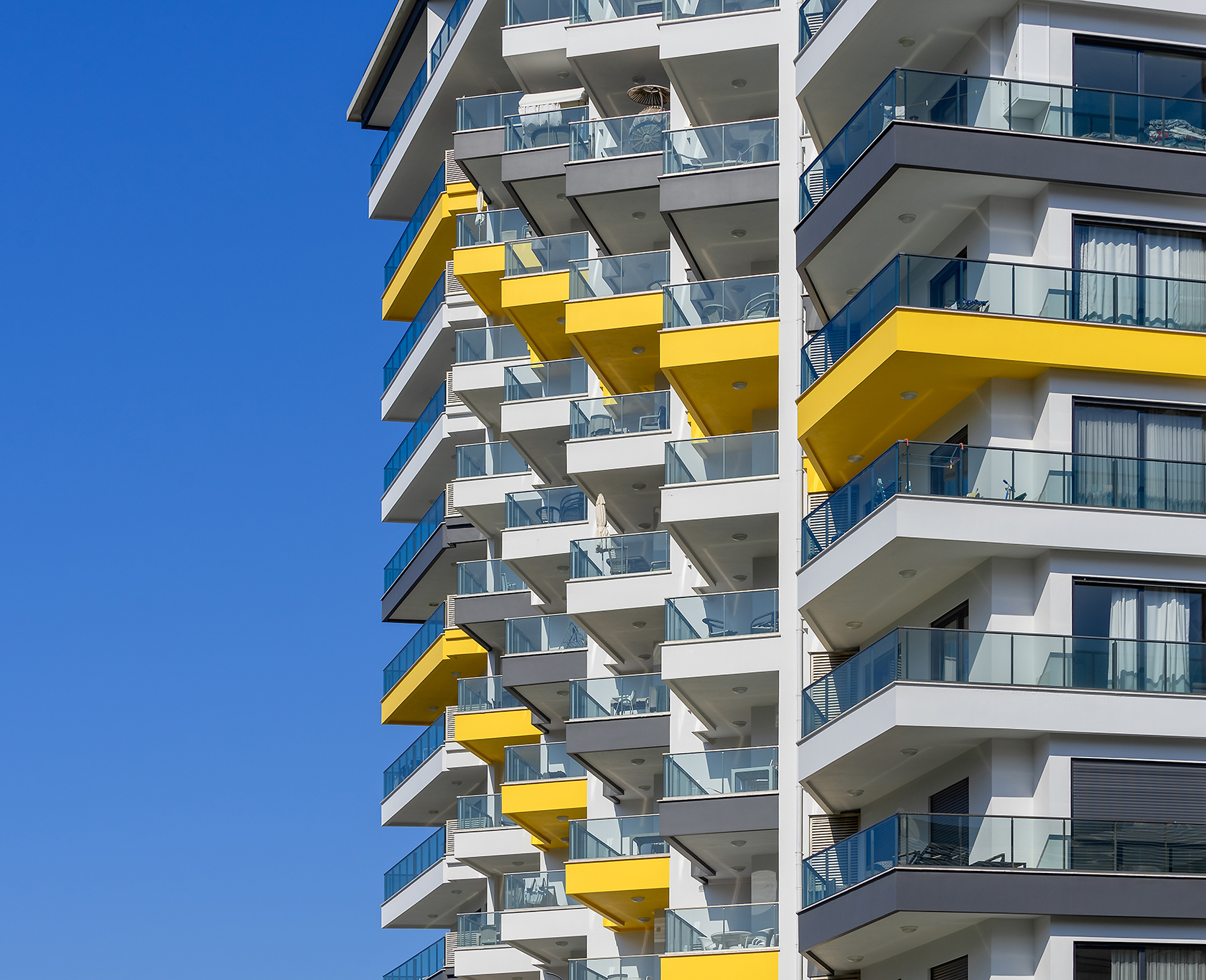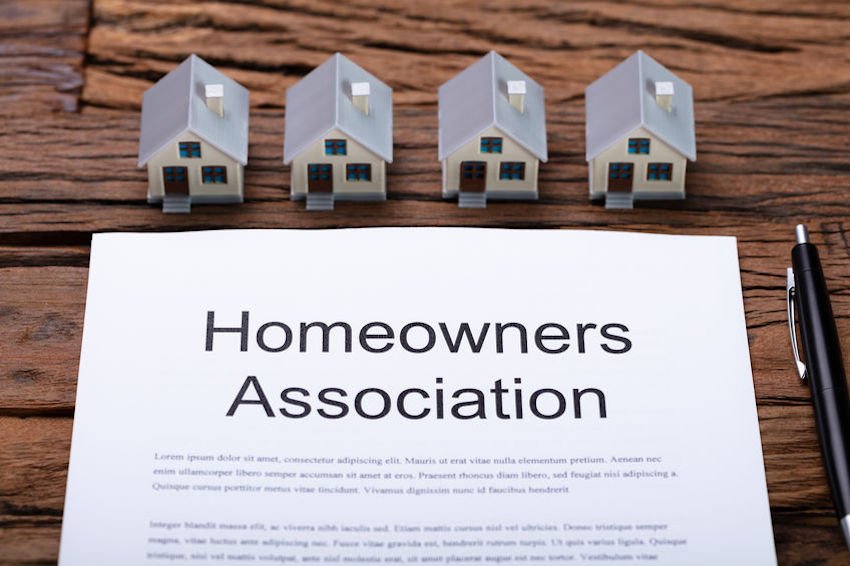Explore the Future of HOA Condo Dope
Explore the Future of HOA Condo Dope
Blog Article
The Function of an HOA in Establishing and Enforcing Neighborhood Standards for Homeowners
The role of a Homeowners Association (HOA) in enforcing and developing neighborhood guidelines is essential to keeping a natural and organized residential setting - hoa condo. By creating clear guidelines that control facets such as property upkeep and community conduct, the HOA not only sets requirements for homeowners however also fosters a feeling of belonging and liability. However, the application of these standards can provide various challenges, raising concerns about area, communication, and justness engagement. As we explore these intricacies, it becomes evident that the influence of an HOA extends far past simple policy enforcement.
Understanding Homeowners Associations
Homeowners associations (HOAs) function as controling bodies for residential neighborhoods, playing a critical function in keeping property worths and fostering a sense of area. Normally created by programmers, HOAs are composed of homeowners within a designated location that choose a board to look after the organization's activities. The main functions of an HOA consist of enforcing area policies, handling common locations, and arranging area occasions.
HOAs operate under a set of regulating files, consisting of restrictions, commitments, and conditions (CC&R s), which outline the legal rights and obligations of home owners. These policies intend to make sure that residential properties are kept to a certain criterion, thus shielding the visual charm and general value of the area. Furthermore, HOAs often gather charges from home owners to money maintenance, landscape design, and various other social work.
The existence of an HOA can dramatically affect the living experience within a community (hoa condo). While some locals value the structured environment and amenities supplied, others might discover specific policies restrictive. Balancing the interests of all property owners is necessary for an HOA to operate efficiently, making sure that it offers its designated purpose of enhancing area living while respecting individual property owner rights
Creating Neighborhood Standards

To begin, an HOA must perform studies or convene that allow citizens to articulate their worries and suggestions. This participatory process cultivates a sense of ownership and boosts compliance. Next, the HOA board should assess the responses to identify common motifs and top priorities that require formal incorporation in the standards.
It is additionally vital to make certain that the guidelines are clear, succinct, and quickly recognized. Ambiguities can result in misunderstandings and conflicts, threatening the function of the guidelines. In addition, the guidelines must be extensive, covering different elements of community living, including residential or commercial property upkeep, sound levels, and use typical locations.
Enforcement of Guidelines
Efficient enforcement of area regulations is crucial for keeping order and making certain that all locals stick to the established guidelines. An HOA must apply an organized strategy to enforce these policies, which often entails a combination of monitoring, communication, and fines for non-compliance.
First, routine assessments and neighborhood patrols can aid identify violations, making certain that rules are continually used throughout the neighborhood. This positive monitoring allows the HOA to resolve concerns before they intensify, fostering a sense of accountability amongst locals.
Second, clear communication is important. Residents need to be notified of the guidelines and the treatments for reporting offenses. An open line of communication motivates residents to voice concerns and look for information on guidelines, which can enhance compliance.

Lastly, when violations happen, the HOA needs to impose consequences as detailed in the regulating papers. This may consist of warning letters, fines, or, in serious situations, lawful activity. It is essential that charges are applied fairly and consistently to maintain depend on within the area. By properly applying policies, an HOA can cultivate a harmonious living setting that shows the collective worths of its citizens.
Advantages of HOA Regulations
Many benefits emerge from the application of HOA regulations, which serve to boost the lifestyle within a community. One main advantage is the upkeep of residential property values. By applying standards for visual appeals and maintenance, HOAs guarantee that homes and typical areas stay eye-catching, promoting a preferable living environment that can cause raised home worths in time.
Furthermore, HOA regulations promote uniformity and harmony within the community. This coherence in style and upkeep helps to create a feeling of belonging amongst residents, contributing to neighborhood satisfaction and a favorable atmosphere. Established guidelines assist in problem resolution amongst neighbors by providing clear expectations and methods for behavior, therefore minimizing disputes.
One more significant benefit is the provision of shared facilities and services. Numerous HOAs manage community facilities such as parks, swimming pools, and clubhouses, which improve entertainment possibilities for homeowners. These services not just enhance the high quality of life however likewise encourage social interaction.
Inevitably, the laws stated by an HOA cultivate a well-organized, harmonious area, making certain that citizens take pleasure in a high requirement of living while fostering a supportive setting for all house owners.
Typical Challenges Encountered by HOAs
Among the benefits that homeowners organizations (HOAs) can supply, they also run into a range of challenges that can prevent their efficiency. One significant concern is the lack of resident engagement. Lots of property owners might not take part in meetings or area activities, bring about a detach in between the HOA board and citizens. This go to the website disengagement can result in misconceptions about neighborhood guidelines and an absence of assistance for enforcement efforts.
Another difficulty is the enforcement of guidelines and rules. Conflicts can emerge when residents feel that enforcement is irregular or prejudiced, potentially resulting in disputes within the area. Additionally, HOAs typically encounter financial constraints, which can limit their capability to keep usual areas or fund site link community jobs. This can produce frustration amongst residents who expect high requirements of maintenance.
In addition, navigating lawful complexities can be discouraging for HOAs. Evolving and altering demographics area needs need HOAs to adjust their guidelines, commonly meeting resistance from enduring homeowners who are accustomed to standard standards.
Conclusion

By formulating clear guidelines that regulate facets such as property upkeep and neighborhood conduct, the HOA not just establishes criteria for residents but likewise promotes a sense of belonging and liability.Homeowners organizations (HOAs) offer as governing bodies for domestic neighborhoods, playing a critical duty in keeping residential or commercial website here property values and promoting a sense of neighborhood. Numerous house owners may not participate in conferences or area activities, leading to a separate in between the HOA board and locals. Progressing and altering demographics neighborhood needs call for HOAs to adjust their guidelines, typically meeting resistance from enduring locals that are accustomed to typical standards. With the advancement of clear policies and consistent enforcement, HOAs advertise property upkeep, neighborhood pride, and trust amongst homeowners.
Report this page